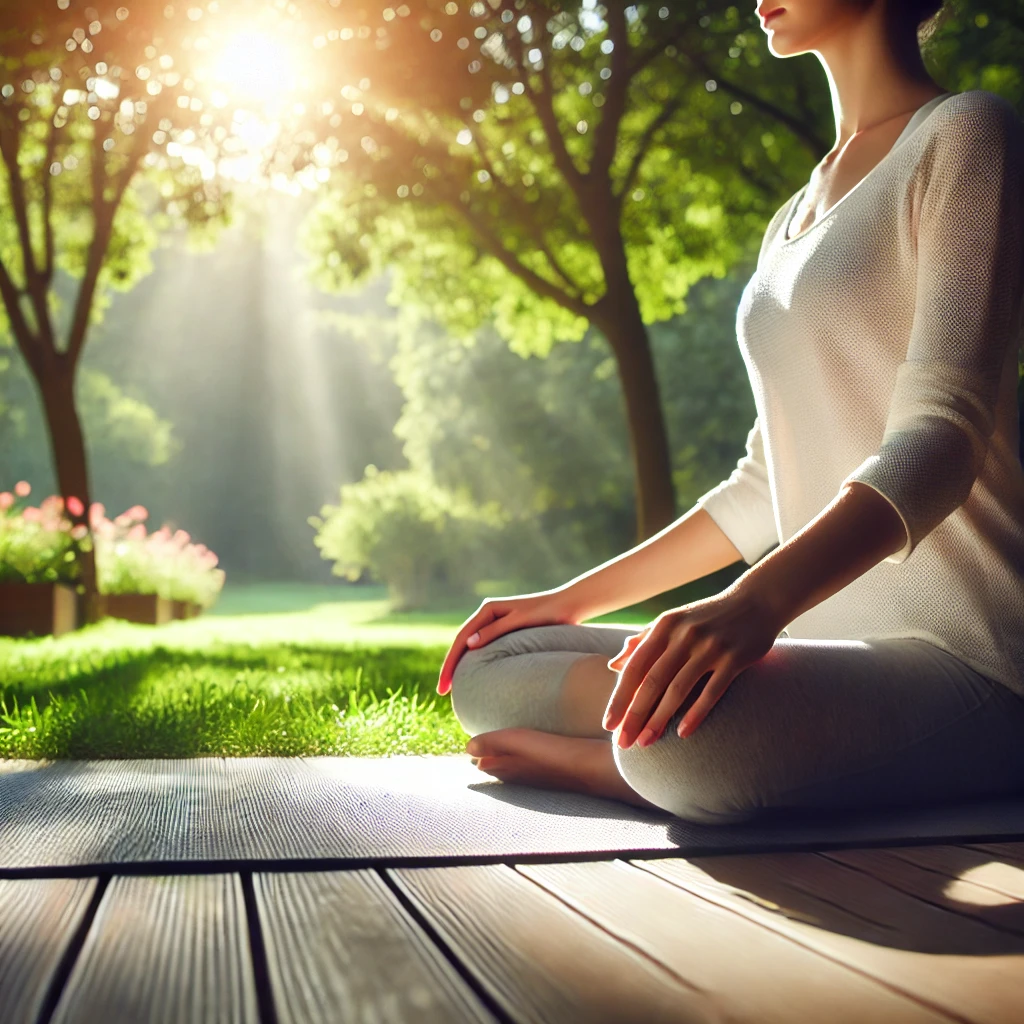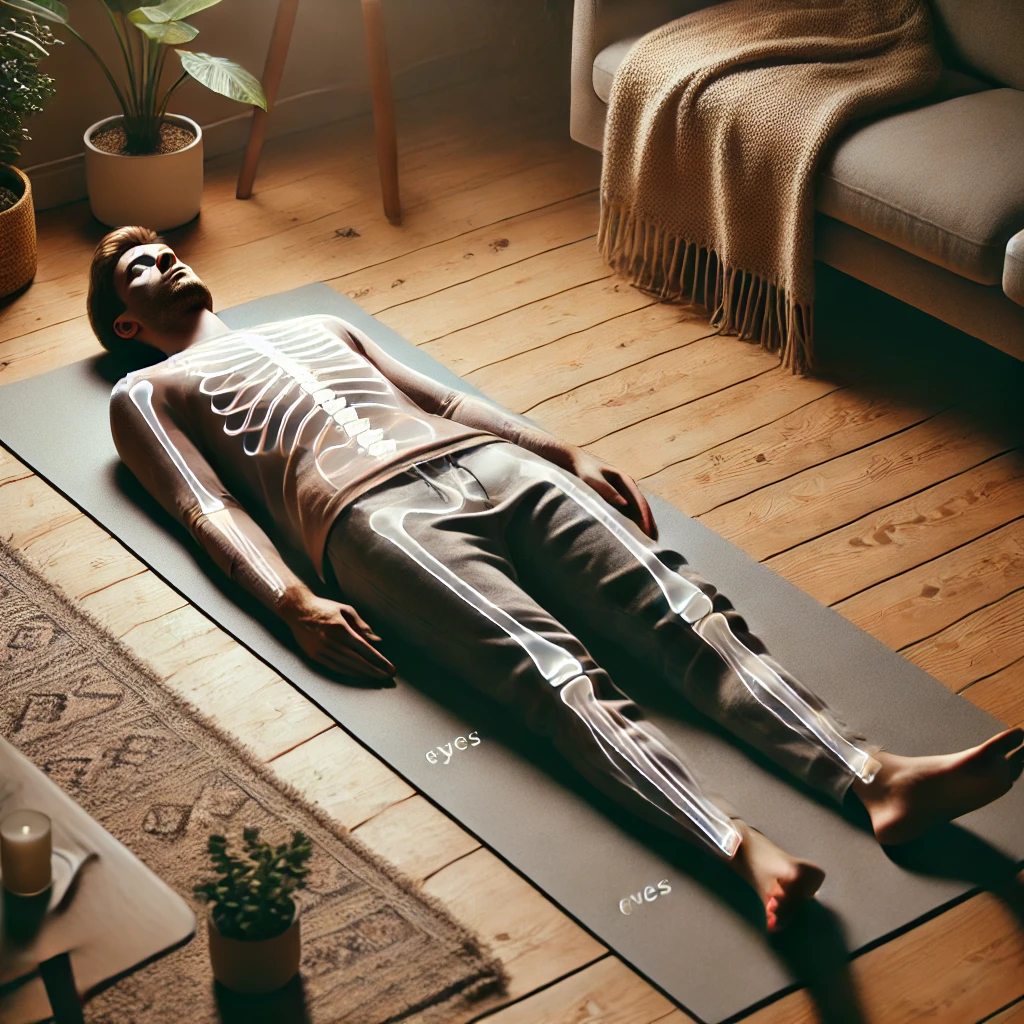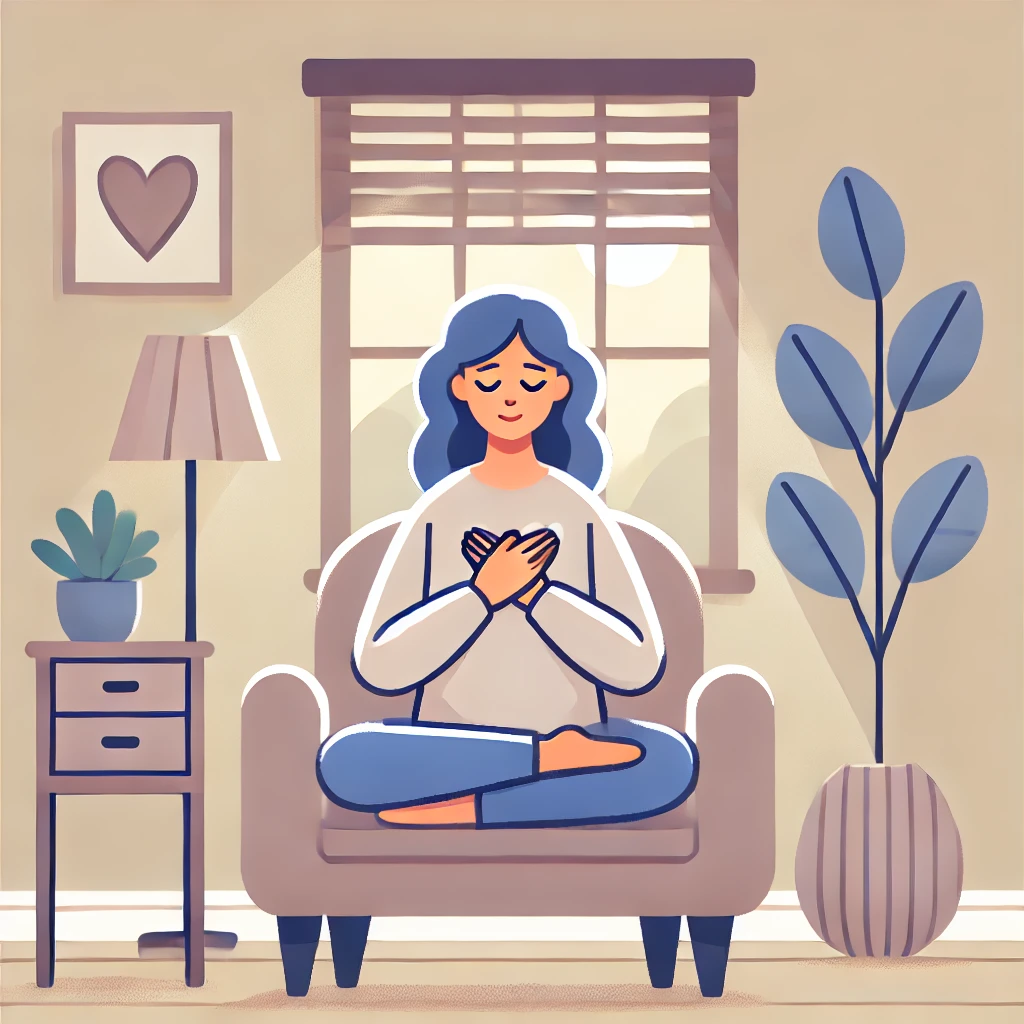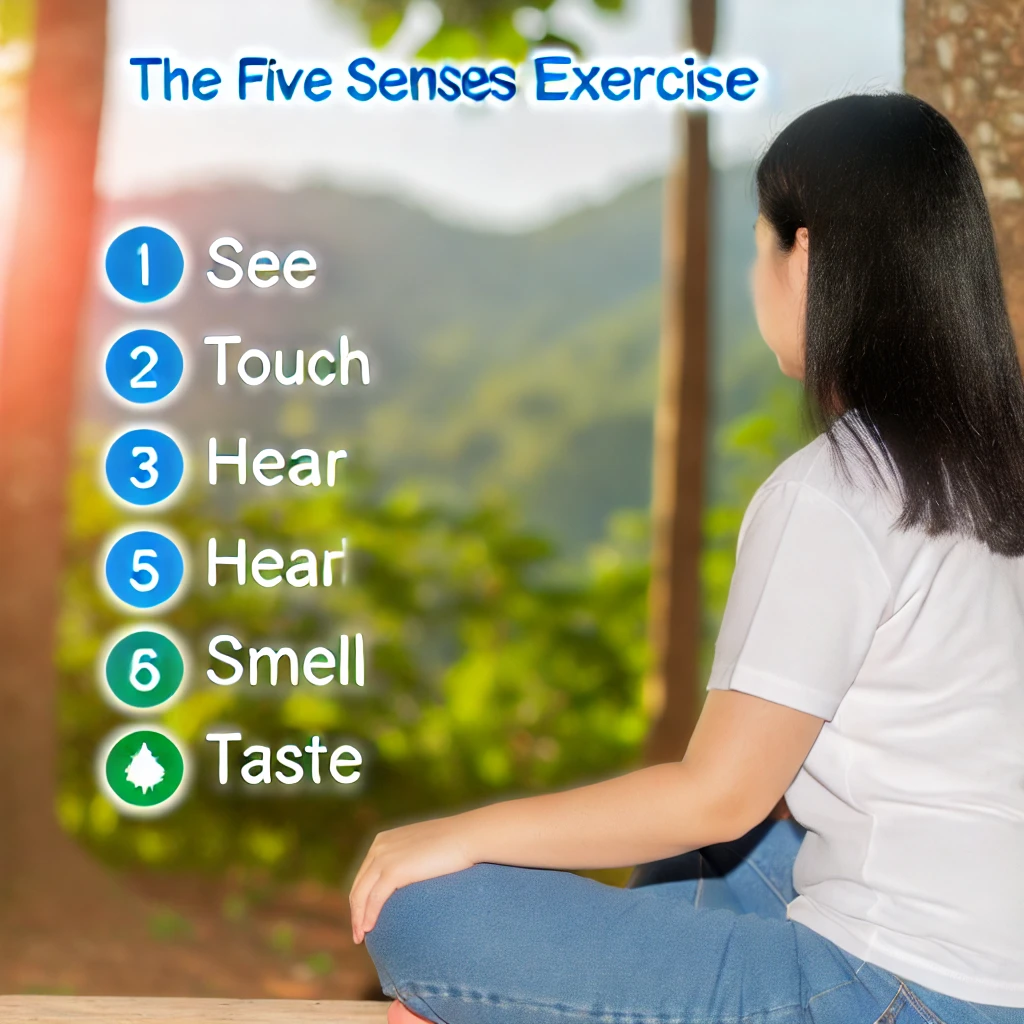Welcome to Active Life Spot! Today, we’re diving into mindfulness exercises for anxiety. Forget the usual advice. We’ve got fresh, actionable tips to help you calm your mind and ease your anxiety.
Why Mindfulness?

- Reduces stress: Helps you stay present.
- Improves focus: Enhances concentration.
- Promotes relaxation: Calms the nervous system.
Mindfulness Exercises
Deep Breathing
Steps
- Sit comfortably.
- Inhale deeply through your nose for 4 seconds.
- Hold your breath for 7 seconds.
- Exhale slowly through your mouth for 8 seconds.
- Benefits: Slows heart rate, and reduces stress.
Body Scan

Steps
- Lie down comfortably.
- Close your eyes.
- Focus on each part of your body, starting from your toes to your head.
- Notice any tension and breathe into those areas.
- Benefits: Promotes body awareness, and reduces physical tension.
Guided Imagery
Steps
- Sit or lie down comfortably.
- Close your eyes and take deep breaths.
- Imagine a peaceful scene (like a beach or forest).
- Focus on the details: sounds, smells, and sights.
- Benefits: Creates a mental escape, and reduces anxiety.
Mindful Walking

Steps
- Find a quiet place to walk.
- Walk slowly, focusing on each step.
- Pay attention to the sensations in your feet and legs.
- Notice your surroundings: sounds, smells, and sights.
- Benefits: Combines exercise with mindfulness, and improves mood.
Loving-Kindness Meditation

Steps
- Sit comfortably and close your eyes.
- Take deep breaths and focus on your heart.
- Silently repeat phrases like, “May I be happy, may I be healthy.”
- Extend these wishes to others.
- Benefits: Enhances compassion, and reduces negative emotions.
Progressive Muscle Relaxation

Steps
- Sit or lie down comfortably.
- Tense each muscle group for 5 seconds, then release.
- Start from your toes and work up to your head.
- Benefits: Reduces muscle tension, and promotes relaxation.
Mindful Eating

Steps
- Choose a meal or snack.
- Eat slowly, savoring each bite.
- Notice the taste, texture, and smell.
- Pay attention to how your body feels.
- Benefits: Enhances enjoyment of food, and reduces overeating.
Five Senses Exercise

Steps
- Sit comfortably.
- Take a few deep breaths.
- Identify: 5 things you can see, 4 things you can touch, 3 things you can hear, 2 things you can smell, and 1 thing you can taste.
- Benefits: Grounds you in the present moment, and reduces anxiety.
Mindful Journaling

Steps
- Set aside 10 minutes.
- Write about your thoughts and feelings.
- Reflect on what you’re grateful for.
- Benefits: Clarifies thoughts, and reduces stress.
Breath Awareness
Steps
- Sit comfortably with your back straight.
- Close your eyes and take a deep breath.
- Focus on the sensation of your breath entering and leaving your nostrils.
- Benefits: Calms the mind, and enhances focus.
FAQs
What is mindfulness?
Mindfulness is the practice of being present and fully engaged in the moment.
How does mindfulness help with anxiety?
It reduces stress and helps you stay grounded in the present, reducing anxious thoughts.
Can anyone practice mindfulness?
Yes, anyone can practice mindfulness, regardless of age or experience.
How long does it take to see results?
Some people feel calmer after just one session, but regular practice is needed for long-term benefits.
Do I need special equipment?
No, mindfulness exercises require no special equipment.
Can I practice mindfulness anywhere?
Yes, you can practice mindfulness anywhere, at any time.
Is mindfulness a form of meditation?
Yes, mindfulness is a type of meditation focused on present-moment awareness.
How often should I practice mindfulness?
Aim for at least 5-10 minutes daily to start, then gradually increase the time.
Can mindfulness replace medication for anxiety?
Mindfulness can complement medication but should not replace professional medical advice.
Where can I learn more about mindfulness?
Visit our Active Life Spot for more tips and tutorials.
Conclusion
Mindfulness exercises can significantly reduce anxiety and improve overall well-being. Start small, be consistent, and find what works best for you.

